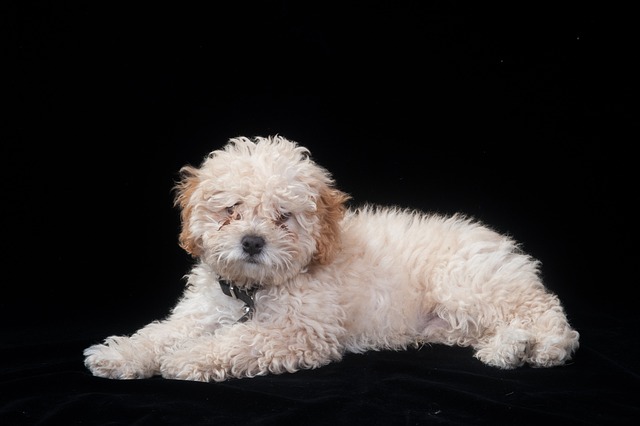
How do i train my dog to be obedient?
Watching your dog dart across the park ignoring your calls isn’t just frustrating—it can put them at risk near busy streets or public spaces.
Watching your new puppy squat on the living room rug can be frustrating, but housebreaking is a journey every dog owner goes through. Training your dog to pee outside isn’t just about saving your carpets—it’s also about being a responsible pet parent. In many neighborhoods, leaving pet waste unattended violates local cleanliness ordinances, so getting this right matters.
First things first: establish a routine. Dogs thrive on predictability. Take your pup outside first thing in the morning, after meals, after naps, and before bedtime. Even if they don’t go right away, stay outside for 10 - 15 minutes. Use a consistent phrase like “go potty” while they sniff around. When they finally do their business, shower them with praise and a tiny treat. This positive reinforcement helps them connect the action with rewards.
Choose a designated spot in your yard or nearby park. Dogs often prefer peeing on grass, gravel, or specific scents. By always leading them to the same area, you’re teaching them where it’s acceptable. Just remember, if you use public spaces, local laws require you to clean up after your dog. Carry biodegradable poop bags and dispose of waste properly—nobody likes stepping in surprises on their morning jog.
 Puppies have tiny bladders, so accidents are inevitable. When you catch them in the act indoors, make a short, sharp noise like “uh-oh” to startle them gently. Then immediately scoop them up and rush outside. Never punish your dog for past accidents; they won’t understand why you’re angry and it can create anxiety. Instead, focus on rewarding correct behavior.
Puppies have tiny bladders, so accidents are inevitable. When you catch them in the act indoors, make a short, sharp noise like “uh-oh” to startle them gently. Then immediately scoop them up and rush outside. Never punish your dog for past accidents; they won’t understand why you’re angry and it can create anxiety. Instead, focus on rewarding correct behavior.
Crate training can be a game-changer. Dogs instinctively avoid soiling their sleeping areas. Use a crate just big enough for your dog to stand up and turn around—any larger and they might pee in one corner. But don’t leave them in the crate for too long; it’s not a jail. Many local animal welfare guidelines emphasize humane crate use, ensuring your dog has plenty of breaks to relieve themselves.
Adolescent dogs may test boundaries. If your once-potty-trained dog starts having accidents, consider external factors. Stress, a change in routine, or health issues like urinary tract infections could be to blame. If problems persist, consult your vet. In some areas, neglecting a dog’s medical needs can lead to legal consequences, so it’s better to be safe than sorry.
For apartment dwellers, training might feel trickier. Take your dog out more frequently, especially during the first few weeks. Some cities offer designated dog relief areas, which can be a lifesaver. But always respect shared spaces—no one wants dog urine odor lingering in the hallway. Consider using pee pads as a backup during extreme weather, but gradually transition your dog to outdoor elimination.
Consistency is key. Even if you’re tired or it’s raining, stick to the routine. Over time, your dog will learn the ropes. And remember, every dog is different. Some pick it up in weeks, while others take months. Be patient, celebrate small victories, and soon enough, you’ll have a reliably housebroken furry friend.

Watching your dog dart across the park ignoring your calls isn’t just frustrating—it can put them at risk near busy streets or public spaces.

New puppy owners often find themselves rushing to clean up accidents before they set in, and that’s where puppy pad training becomes a game-changer.

If you've noticed your dog's waistline disappearing and your veterinarian has mentioned those few extra pounds, your first instinct might be to simply reduce the amount of food in their bowl.

Training a dog to use a designated spot indoors isn’t as daunting as many new owners fear, but it does take consistency and an understanding of your pet’s needs.

That moment of dread on a walk is all too familiar for many new dog owners. You see another dog approaching down the sidewalk of your neighborhood

If the sight of another dog on your neighborhood walk makes your heart sink as your own dog erupts into a frenzy of barking and lunging, you're not alone.